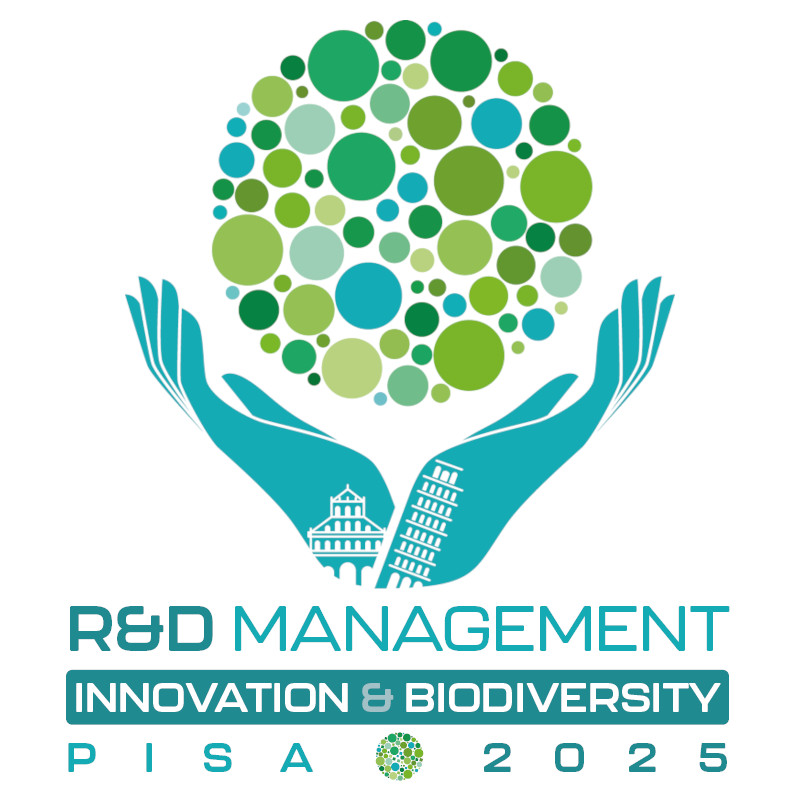“Addressing the skills gap is critical as it can slow industrial transformation,” comments Nadine Roijakkers of the Faculty of Beta Sciences at Open Universiteit, and chair of track 4.6 of the R&D Management Conference 2025.
Nadine continues: “We chose this subject because there is a key role for ecosystem orchestrators to close the skills gap and this is becoming increasingly critical as industries undergo rapid transformations, particularly in the context of digitisation and sustainability transitions like the energy shift.
“As industries evolve, the need for specialised talent grows. Orchestrators are in a unique position to align stakeholders and to attract and nurture the skills required within their ecosystems.

“By focusing on the integration of advanced technologies, predictive analytics, and virtual training into talent development within technology-driven ecosystems, this track is very relevant to many themes of research. The intersection of talent management and industrial transitions is an area of active research and one that holds great potential for creating sustainable growth.”
Industry 5.0 and the skills gap
It is claimed that the newly introduced Industry 5.0 offers the potential to move beyond the technology-driven productivity of Industry 4.0 and promote sustainable development goals such as socio-environmental sustainability and resilience.
Nadine explains that adoption of Industry 5.0 relies on both technological advancements and stakeholder collaboration to fulfil the SDG goals.
“Industry 5.0 emphasizes the collaboration between humans and machines, fostering a more sustainable and resilient future by integrating social and environmental sustainability into the innovation process.
“The emphasis on stakeholder collaboration is particularly relevant to my research on public-private partnerships (PPS) and technology-driven ecosystems. As Industry 5.0 provides a framework that could enhance the role of ecosystem orchestrators in aligning stakeholders, including businesses, governments, and educational institutions, to address the skills gap and drive sustainable industrial transitions.
“This is a timely and interesting area. It merges technological advancements with societal needs, a focus that aligns well with the challenges faced by ecosystems undergoing significant industrial shifts.”
Track 4.6 The Role of Ecosystem Orchestrators in Addressing the Skills Gap in Technology-Driven Public-Private Partnerships
As industries evolve toward digitization and sustainability, orchestrators, as coordinators of technology-driven ecosystems, play a vital part in aligning stakeholders and fostering innovation.
While orchestrators have traditionally focused on governance and stakeholder management, this track will delve into emerging research on their strategies to mitigate workforce skill shortages.
Topics include:
- effective ecosystem management
- talent attraction
- the role of advanced technologies like predictive analytics and virtual training.
By examining these aspects, this track aims to provide insights into how orchestrators can ensure ecosystems have the requisite skills for sustainable growth and technological advancement.

R&D Management Conference 2025:
Innovation & Biodiversity
Institute of Management of Scuola Superiore Sant’Anna, Pisa
30 June – 2 July 2025
Track Chair: Nadine Roijakkers, Faculty of Beta Sciences, Open Universiteit, the Netherlands
Co-chairs:
Petra de Weerd-Nederhof, Faculty of Beta Sciences, Open Universiteit, the Netherlands
Yvonne Kirkels, Fontys Hogescholen, Department Industrial Engineering and Entrepreneurship, the Netherlands
Giuseppe Ceci, Faculty of Economics, la Sapienza University of Rome, Italy

